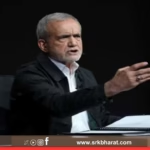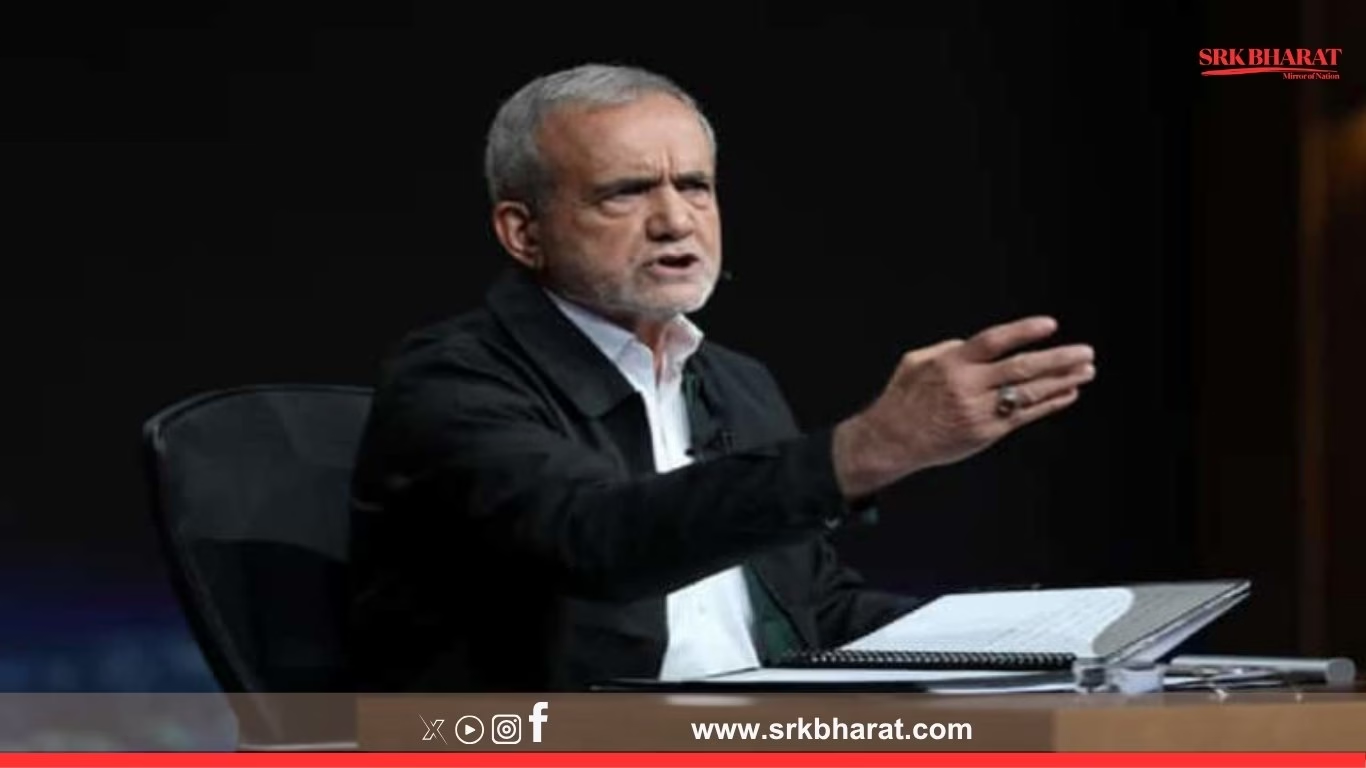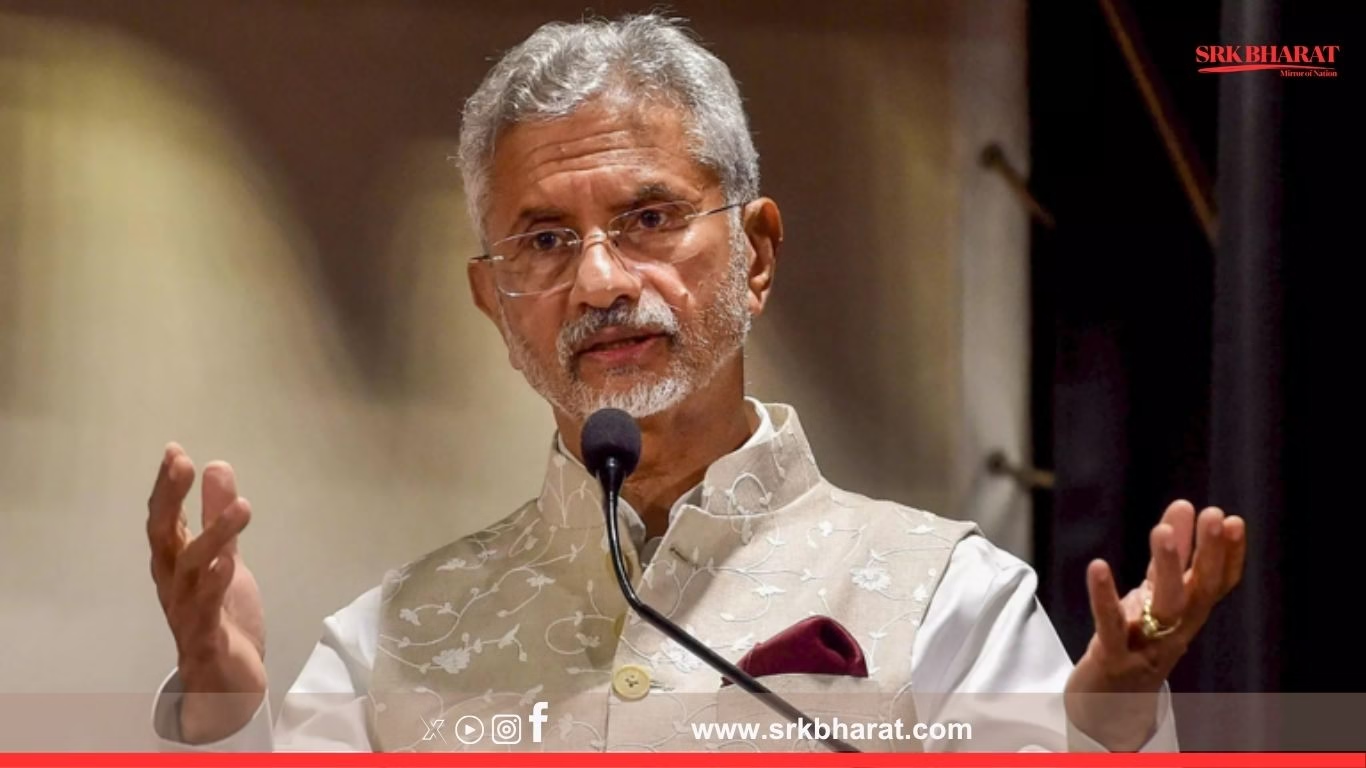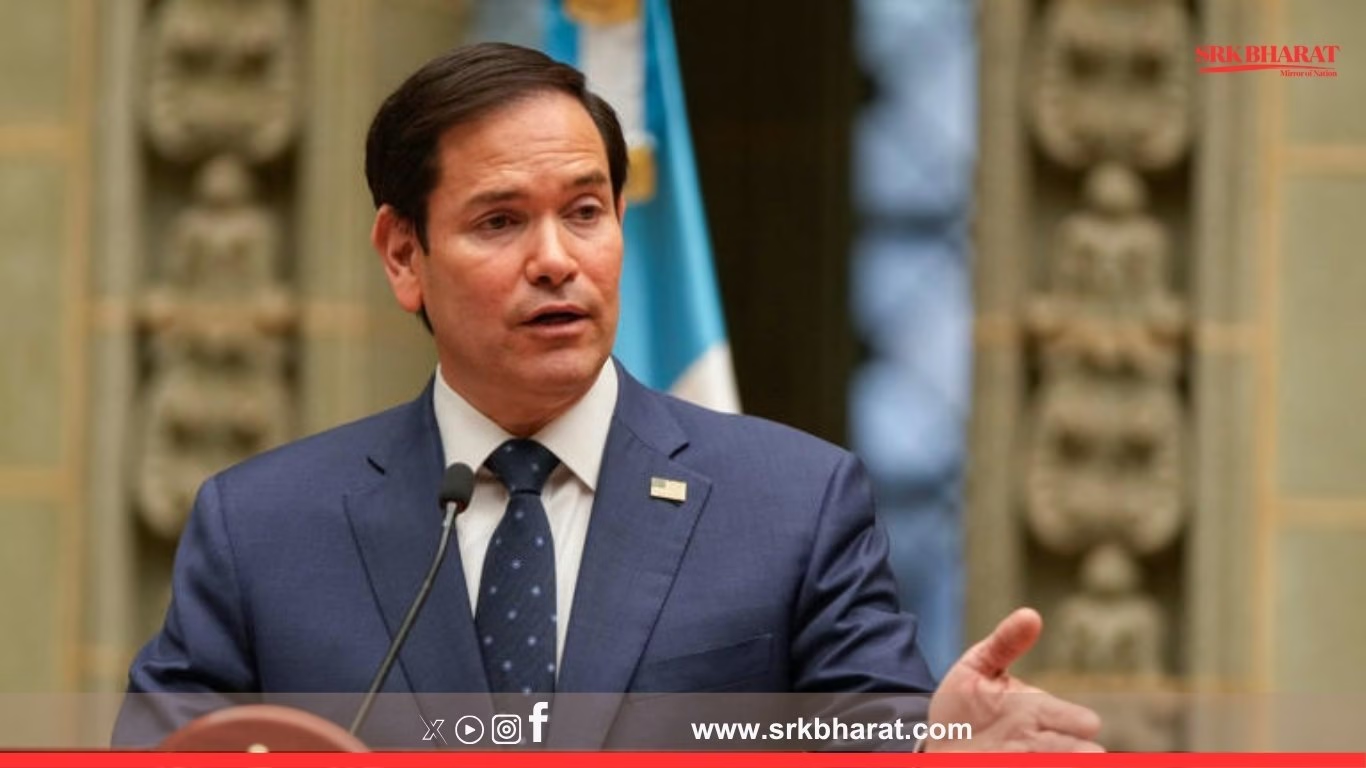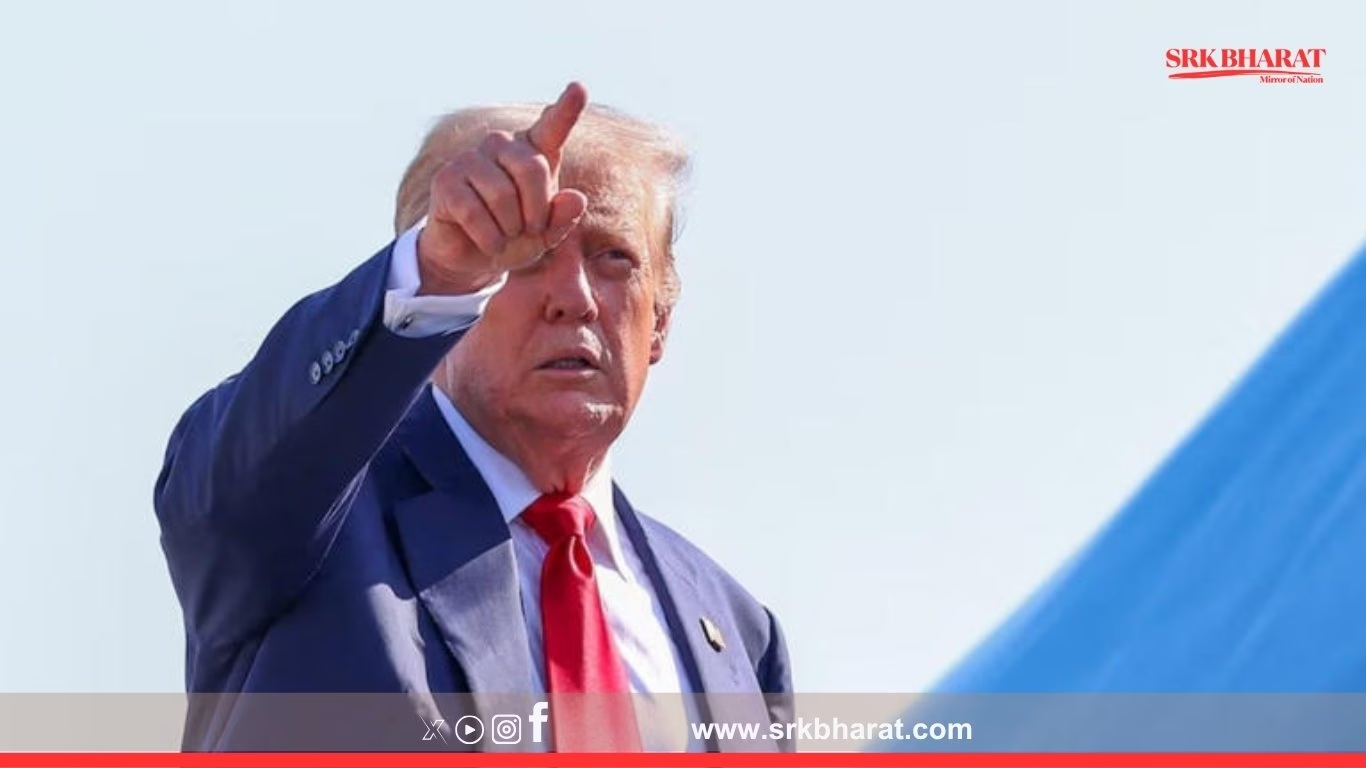The Bangladesh Nationalist Party (BNP) has expressed significant concern over the recent decision by the interim government in Dhaka to agree in principle to the establishment of a humanitarian aid corridor for Myanmar’s Rakhine state. This decision, announced by the interim government led by Muhammad Yunus, has sparked debate over its potential implications for Bangladesh’s sovereignty and regional stability.
BNP Secretary General Mirza Fakhrul Islam Alamgir, speaking at a public rally, criticized the government for not consulting with political parties before making such a critical decision. He emphasized that the move could have far-reaching consequences for Bangladesh’s independence and peace in the region. Alamgir stated, “We do not want to become another Gaza. We are already facing significant challenges with the Rohingya crisis, and this decision could exacerbate the situation.”
The interim government’s foreign affairs advisor, M. Touhid Hossain, clarified that the agreement is conditional and subject to specific terms. However, he refrained from elaborating on these conditions. The United Nations had proposed the corridor to facilitate aid delivery to Rakhine, a region severely affected by ongoing civil conflict between Myanmar’s government forces and the Arakan Army.
The BNP’s concerns come amid reports of increasing numbers of Rohingya refugees crossing into Bangladesh to escape violence in Rakhine. The influx has placed additional strain on Bangladesh’s resources and refugee camps, particularly in Cox’s Bazar. The BNP has called for a more inclusive approach to decision-making, urging the government to prioritize national interests and consult with all stakeholders.
This development highlights the complex challenges Bangladesh faces in balancing humanitarian responsibilities with national security and regional stability. The debate over the aid corridor underscores the need for careful deliberation and collaboration among political entities to address the multifaceted issues at hand.



